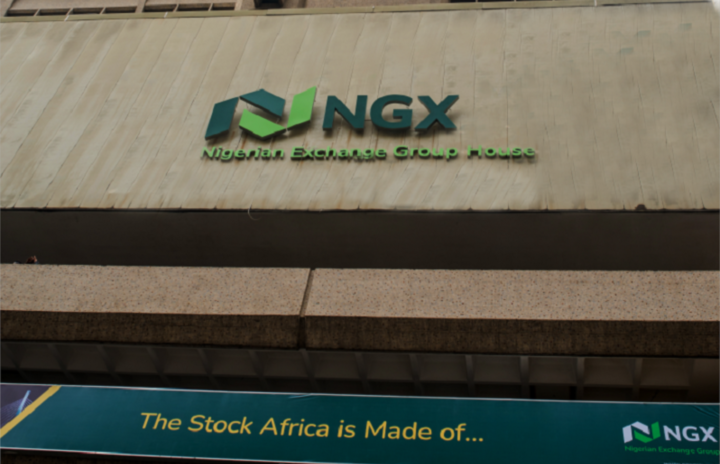Infostride News has reported that the Nigerian Exchange Limited (NGX) is urging the Federal Government and the Central Bank of Nigeria to give priority to listed corporates in their procurement processes and foreign exchange access. Temi Popoola, the CEO of NGX, emphasized that such an approach could incentivize more companies to list on the Exchange, offering a potential solution to the prevailing foreign exchange challenges in the country.
Speaking at the recent MTN Capital Markets Day, Popoola expressed enthusiasm about President Bola Tinubu’s administration and its renewed hope agenda. He sees this as an opportunity to collaborate with market stakeholders and regulators to address challenges faced by the government and listed corporates. Popoola believes that intentional advocacy, rather than traditional investment strategies, is the key to transforming the capital market.
“The singular biggest thing that can be done to change the face of the capital market is not investment bankers wearing suits and knocking on the doors of companies for the next listing but really intentional advocacy,” said Popoola.

He highlighted the hurdles faced by companies earning revenue in dollars, as the current regulations restrict them from listing on the NGX or paying dividends in dollars. Popoola revealed ongoing efforts to collaborate with regulators and policymakers to address these issues, emphasizing that this could benefit the government by unlocking dollars stored in domiciliary accounts for productive use in the capital market and economy.
Moreover, Popoola disclosed that NGX is in talks with the Federal Government to attract more listings through supportive legislation. He argued that increased listings would contribute to government revenue, citing the transparency, higher tax contributions, and improved governance demonstrated by listed companies. Popoola also underscored the historical role of government support in facilitating the presence of many companies currently listed on the NGX.
Addressing the recent downgrade of Nigeria from a frontier market to unclassified, Popoola provided insights, stating, “This is a subject matter that gathered a lot of headlines but then the reality and the impact were slightly more nuanced.” He pointed out that the share of foreign investors in the Nigerian market is relatively small, ranging from 5% to 10%. Popoola suggested that the short-term impact may not be as significant as headlines imply, as much of the capital from foreign investors may have already exited the market.
In conclusion, the calls from NGX for prioritizing listed corporates in government procurement processes and foreign exchange access reflect a broader effort to enhance the capital market’s functionality and address economic challenges. The collaboration with the government and ongoing discussions for supportive legislation indicate a proactive approach to boost listings and stimulate economic growth through the capital market. As Infostride News continues to cover these developments, the impact of these initiatives on the Nigerian economy will be closely monitored.
Support InfoStride News' Credible Journalism: Only credible journalism can guarantee a fair, accountable and transparent society, including democracy and government. It involves a lot of efforts and money. We need your support. Click here to Donate
